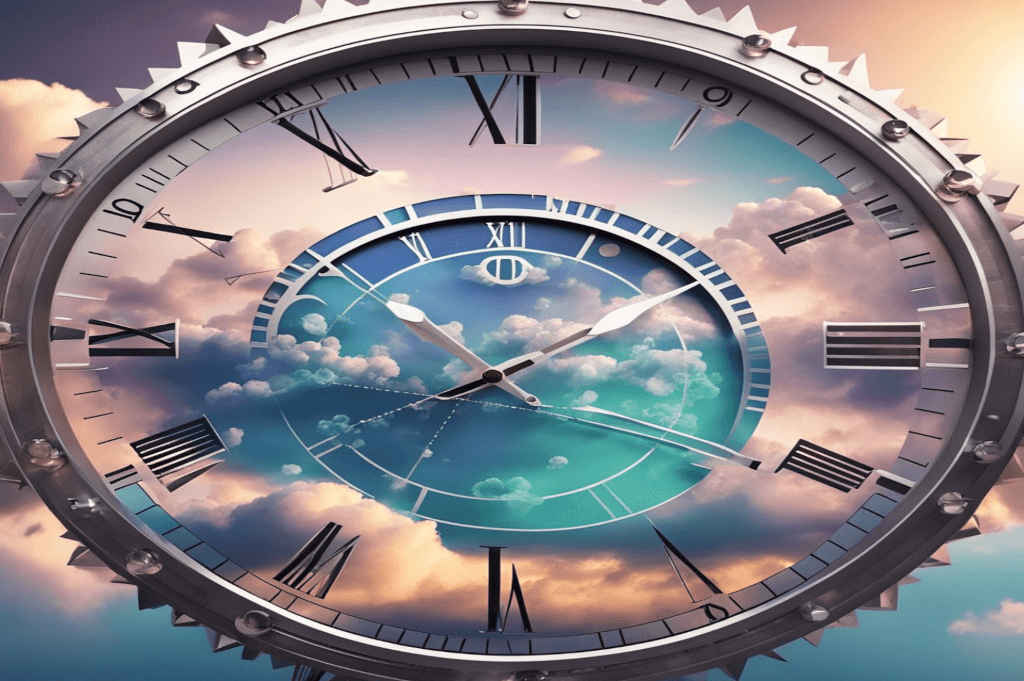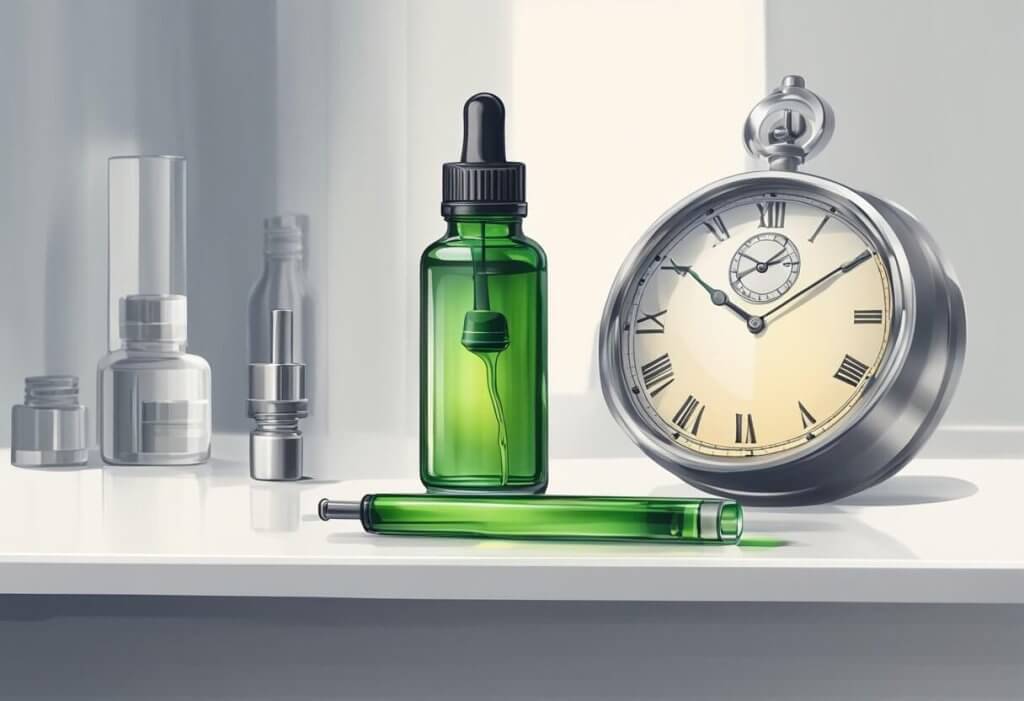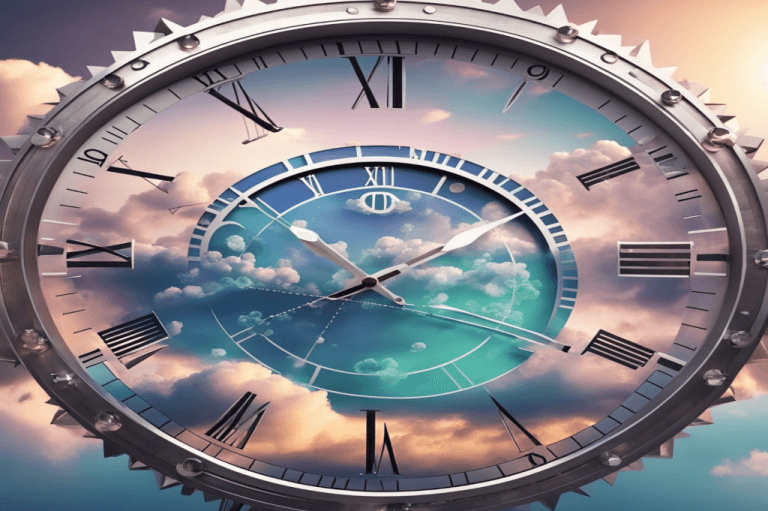
Are you curious about how long CBD stays in your system?
One of our customers, we’ll call him John S., recently started using CBD oil to help manage his anxiety. While he found it to be incredibly helpful, he wanted to know the answer to the question, “How long does CBD stay in your system?” He has a job interview coming up and is concerned about failing a drug test.
He reached out to Flourish & Live Well for some guidance, and they pointed out that drug tests are usually looking for THC, not CBD. However, here is an article with more complete information on how long CBD can stay in your system, just in case.
Cannabidiol (CBD) has gained significant global attention recently due to its potential health benefits and non-psychoactive nature. The prevalence of CBD products has led to a growing interest in understanding the substance’s duration in our system. This information helps users manage dosing routines and anticipate possible drug test implications.
CBD’s presence in your system varies depending on factors like dosage, form, method of consumption, and individual metabolism. The half-life of CBD ranges from 1 hour to 5 days, influencing its detectability in urine, blood, and other bodily substances. However, knowing how long CBD stays in your body is also essential for understanding its potential interactions with prescription medications and avoiding unforeseen consequences.
Key Takeaways
- The half-life of CBD ranges from 1 hour to 5 days, affecting its detectability in drug tests.
- The aim of most drug tests is to detect THC, not CBD.
- CBD’s duration in the body depends on factors like dosage, form, and individual metabolism.
- Knowing how long CBD stays in your system is important for managing dosage and potential interactions with other medications.
Understanding CBD
CBD, or cannabidiol, is a naturally occurring compound found in hemp plants and cannabis. It is one of the many cannabinoids present in these plants and has gained significant attention from scientists and consumers alike in recent years. Unlike its fellow cannabinoid, THC, which is psychoactive and responsible for the high associated with marijuana use, CBD is not psychoactive. This means that it does not create any mind-altering effects, making it an increasingly popular choice for those seeking the potential therapeutic benefits of cannabinoids without the intoxicating effects.
There is ongoing research on the potential benefits of CBD, and it has shown promise in various areas, such as pain management, anxiety relief, sleep improvement, and more. As interest in this molecule continues to grow, there is also a need to understand how long CBD stays in the user’s system.
The amount of time CBD stays in a person’s system depends on several factors, such as the method of consumption, dosage, frequency of use, and an individual’s unique physiology. Some sources suggest that the half-life of CBD in the body can range from about 1 hour to up to 5 days. In one study, participants who consumed a single dose of a standardized CBD formulation had detectable levels of CBD in their urine for four to five days, while in another study, CBD was no longer detectable in the urine after 24 hours.
In conclusion, it is important to remember that while the therapeutic potential of CBD is promising, more research is needed to fully understand how it interacts with the human body and its potential long-term effects. As the popularity of CBD products continues to grow, it is crucial for consumers to be knowledgeable about the cannabinoid and to consult with a medical professional to determine if CBD is the right choice for their individual needs.
How CBD Enters and Exits the Body

People use various methods to consume CBD, such as oral consumption, inhalation, or topical application. These methods, along with the form of CBD used, can impact how it enters and exits the body.
When someone consumes CBD orally, it is absorbed through the digestive system and then metabolized by the liver. Oral consumption includes products like capsules, edibles, or oils. The onset of effects from oral consumption typically ranges from 30 minutes to 2 hours and can last anywhere from 2 to 6 hours. CBD taken orally tends to stay in the system for about 10 to 25 days, depending on factors like dosage, frequency of use, and individual physiology [source].
Inhalation is another method of use, which involves vaping or smoking CBD. This way, CBD directly enters the bloodstream through the lungs, offering a quicker onset of effects compared to oral consumption. The effects from inhaling CBD can typically be felt within minutes and last for a few hours. However, the exact duration of CBD staying in the system after inhalation is still under research.
For those who prefer topical application, CBD-infused creams, balms, and lotions are available. The CBD is absorbed through the skin and interacts with nearby receptors, making this method ideal for targeting specific areas of the body. The effects of topical CBD are felt within 1 to 2 hours and can last up to 6 hours. As topical application does not introduce CBD into the bloodstream, it is difficult to measure its exact duration in the system.
It is also important to note that the form of CBD affects how it enters and exits the body. Full-spectrum CBD, for example, contains additional cannabinoids and terpenes that may impact its absorption and duration of effects. In contrast, CBD isolate is a pure form of cannabidiol without other compounds, potentially offering a different experience for the user.
Sure, here’s an updated table showing CBD detection windows:
| Substance | Urine | Blood | Saliva | Hair |
|---|---|---|---|---|
| CBD | 2-5 days | Up to 36 hours | 14-30 hours | Up to 90 days |
Factors Influencing CBD Absorption
When it comes to CBD absorption, several variables influence how long CBD stays in your system. These factors affect not only the absorption rate but also the duration and effectiveness of CBD in your body. Understanding these factors can help users determine the optimal dosage, timing, and method of CBD consumption.
One of the critical factors influencing CBD absorption is body composition. Each individual’s body mass and fat content play a significant role in how CBD is processed. Higher body mass may require a larger dosage of CBD, as it takes more time for the substance to circulate throughout the body. Conversely, lower body mass may result in faster absorption and a more immediate effect.
Another factor to consider is the build-up of CBD within your system. The frequency and amount of CBD use can make a difference in how long it stays in your system. Regular and consistent use can cause CBD to accumulate, leading to a more extended time for the compound to be fully processed and eliminated from the body. Conversely, occasional users may have a shorter duration of CBD presence in their system.
The food you eat also has an impact on CBD absorption. For example, consuming CBD with a high-fat meal can increase absorption rates, as fat can help transport the compound through the digestive system. On the other hand, consuming CBD on an empty stomach or during fasting may result in lower absorption rates and shorter retention times.
Your body’s unique physiology plays a role in how long CBD stays in your system. Factors like metabolism, age, and overall health can affect the rate at which your body processes and eliminates CBD. As a result, the duration and effect of CBD in your system may vary from person to person, even if the consumed quantity and form are identical.
The Half-Life of CBD

When discussing how long CBD stays in your system, it’s essential to understand the concept of half-life. The half-life of a substance refers to the time it takes for the body to eliminate half of it. For CBD, the half-life can range from about 1 hour to up to 5 days. This variation in half-life depends on factors such as the dosage, a person’s unique physiology, and the frequency of use.
Knowing the half-life of CBD is helpful in determining how long the effects of CBD will last in your body. It is also useful for understanding the potential impact of CBD on drug test results. For example, let’s say you took a small dose of CBD, and its half-life is one hour. After one hour, half of the CBD will be eliminated from your body. After two hours, 75% of the CBD will be gone, and so on.
A study in the Journal of Analytical Toxicology found that a single dose of a standardized CBD formulation produced detectable levels of CBD in urine samples for four to five days after consumption.
Kelly Johnson-Arbor, M.D., a triple-board certified medical toxicologist and co-medical director of National Capital Poison Center in Washington, D.C.
A study in the Journal of Analytical Toxicology found that a single dose of a standardized CBD formulation produced detectable levels of CBD in urine samples for four to five days after consumption. This is important to consider for people who need to take drug tests, as the presence of CBD could potentially affect test results.
It’s also essential to consider the form of CBD you are taking. For instance, the half-life of CBD inhaled through vaping is generally shorter than the half-life of CBD taken orally as oil or capsules. This is because inhaled CBD bypasses the digestive system, allowing it to be absorbed and metabolized faster by the body.
Understanding the half-life of CBD and how long it stays in your system can help you make informed decisions about when and how to use CBD. It is also essential to consider various factors, such as dosage, individual physiology, and frequency of use, that affect the half-life of CBD in your body.
CBD and Drug Tests
Fact: Drug tests for cannabis aim to detect THC, not CBD.
When it comes to drug tests, many people have concerns about CBD and its detectable levels in the body. Most drug tests are designed to screen for the presence of THC, the primary psychoactive component in cannabis. Since CBD products derived from hemp have up to 0.3% THC, there may be some trace amounts in the system after consuming a CBD product.
Drug tests typically focus on detecting THC rather than CBD. However, since CBD products can contain trace amounts of THC, it is still possible for those traces to be found in test results, especially if you use large amounts of CBD. To minimize the risk of testing positive for THC, it is advisable to opt for THC-free products that are available on the market.
The detectable levels of CBD in the system can vary depending on factors such as the mode of consumption, frequency, and dosage. A study conducted in 2016 suggested that CBD is detectable in the body for approximately 2-5 days after consumption. However, different methods of consumption can yield different half-lives, so it is important to consider your individual habits when estimating how long CBD might stay in your system.
Drug tests primarily target THC, but there is still a possibility of detection if someone has consumed large amounts of CBD, especially products containing up to 0.3% THC. To avoid testing positive for THC, consider using THC-free products while doing your best to keep track of your own CBD consumption habits. Remember that detectable levels of any compound can vary from person to person, and individual results may differ based on the testing method, frequency, and dosage.
“CBD is rapidly metabolized and cleared from the body, with a half-life of 18-32 hours. But minor metabolites can be detected for 2-5 days in urine.”
Dr. Ethan Russo, Director of Research & Development at the International Cannabis and Cannabinoids Institute
Legal Aspects of CBD Use
CBD, or cannabidiol, has gained significant attention in recent years due to its potential therapeutic effects. However, it’s essential to understand the legal aspects associated with its use. CBD is derived from the hemp plant, which contains lower levels of THC as compared to the marijuana plant. The FDA plays a crucial role in regulating CBD products on a federal level.
In the United States, the legalization of CBD has gone through a significant transformation. Thanks to the 2018 Farm Bill, hemp was officially removed from the list of controlled substances, making it legal on a federal level. This legislation allowed for the cultivation of hemp and the production of hemp-derived products, including CBD. However, it’s essential to note that the Bill does not give free rein for the production and sale of CBD products. The regulatory responsibility falls under the FDA, which has yet to establish a formal framework regulating CBD.
The FDA’s main concern with CBD lies in its use as an ingredient in food and dietary supplements. According to their current regulations, CBD cannot be added to food products or marketed as dietary supplements. That said, the FDA is actively working on evaluating potential regulatory pathways for CBD products in these categories.
On a state level, CBD laws can vary significantly. While hemp-derived CBD with less than 0.3% THC is legal on a federal level, some states have stricter regulations in place. It’s crucial for consumers to familiarize themselves with their specific state’s CBD laws before purchasing and using CBD products.
CBD is generally legal across the United States, but there are still important regulatory aspects to consider. Both federal and state laws play a role in determining the legal status of CBD, and these laws are continually evolving. Staying informed and up-to-date with the latest regulatory changes is essential for both consumers and businesses in the CBD industry.
“I struggled with anxiety for years before trying CBD. Within a few weeks of taking it daily, I noticed a huge reduction in the number of panic attacks I was having. CBD has been life-changing for me.”
Jessica M., Milwaukee
Frequently Asked Questions
How long do 2.5 mg and 5 mg doses of CBD remain in the system?
The duration that CBD remains in your system depends on various factors such as dosage, frequency of use, and an individual’s unique physiology. While specific information about how long 2.5 mg and 5 mg doses stay in the system is limited, CBD can generally stay in your body for 2 to 5 days before it is completely processed.
What’s the duration of CBD oil presence in the body?
The duration of CBD oil’s presence in the body varies based on factors like the method of consumption, dosage, and individual factors. Generally, CBD oil can remain in the system for about 10 hours to 25 days after consumption, depending on the nature of usage and other variables.
How can I flush CBD out of my system more quickly?
There is no surefire way to flush CBD out of your system more quickly. However, staying hydrated, maintaining a healthy diet, and exercising regularly could help your body process the CBD more efficiently. Since your body’s metabolism plays a role in processing CBD, these healthy habits might contribute to a faster elimination rate.
What factors influence how long CBD stays in the urine?
Factors that influence how long CBD stays in the urine include the type, dosage, frequency of use, and an individual’s unique physiology. Additionally, factors like body fat percentage, age, diet, and metabolism can influence how long it takes for the body to eliminate CBD, potentially impacting its presence in urine tests.
How soon can I expect the effects of CBD oil to kick in?
The onset of CBD oil’s effects can vary depending on the method of administration. Typically, if consumed sublingually or through the oral mucosa, users can feel the effects within 15 to 45 minutes. If ingested orally, such as in gummies or capsules, the effects might take longer to be felt, possibly between 30 minutes to 2 hours.
Is the duration of CBD cream in the system different from oil or gummies?
Yes, the duration of CBD cream in the system can differ from oil or gummies due to varying absorption and metabolism rates. Topical CBD creams and lotions are absorbed through the skin and might have a localized effect rather than systemic, impacting the duration they stay in the body. However, limited research is available on the exact duration it remains in the system compared to other forms of CBD.
